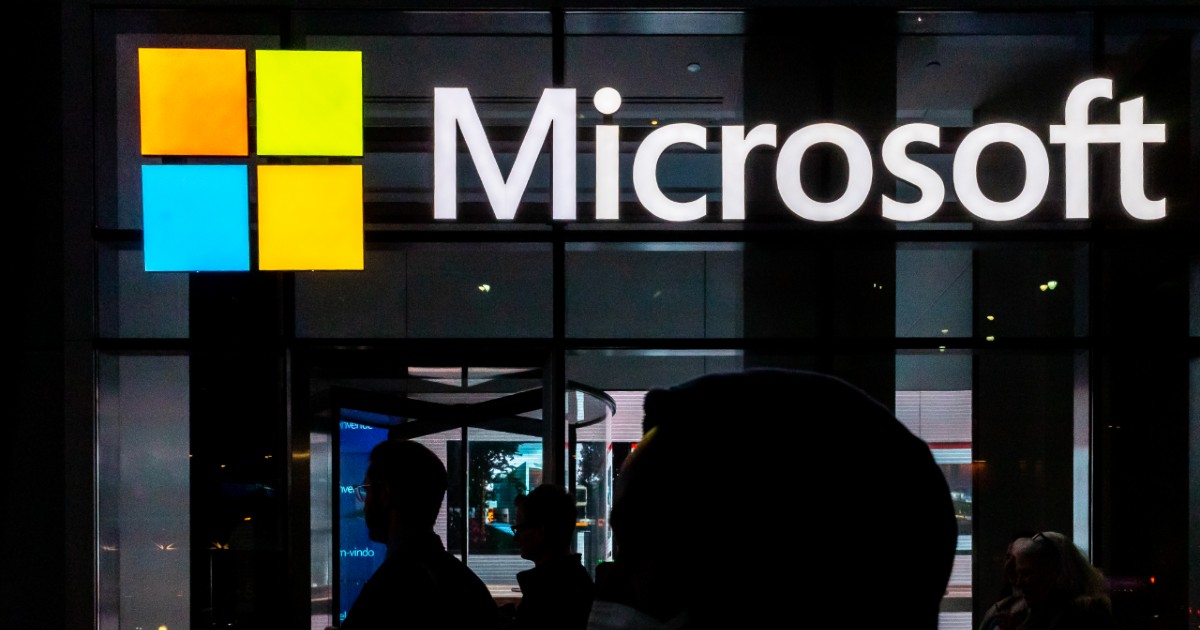Microsoft has introduced new features for its Cloud for Healthcare platform, enabling users to harness data-driven insights, benefit from multilingual text analytics, and access three new artificial intelligence models through Azure. This update also extends the availability of Azure AI Health Bot to more users and offers de-identification services for select partners.
These enhancements are aimed at helping healthcare organizations enhance patient experiences, gain valuable insights, and strengthen the security of health information, while also establishing a cohesive approach to healthcare data and AI strategies.
Alysa Taylor, Corporate Vice President of Azure + Industry at Microsoft, noted that healthcare data is experiencing rapid growth, leading to challenges in managing larger volumes of data with increased diversity and speed.
One notable feature is the expansion of Text Analytics for health services to include six additional languages: Spanish, French, German, Italian, Portuguese, and Hebrew, in addition to English.
Machine learning-driven de-identification services have been introduced in Microsoft Fabric and Azure Health Data Services. These services enable healthcare organizations to anonymize medical data extracted from clinical notes, messages, and clinical trial studies while preserving clinical relevance and complying with HIPAA privacy requirements. More than 30 entities, including HIPAA’s 18 protected health information identifiers, can be automatically extracted, redacted, or substituted from unstructured text.
Microsoft plans to expand de-identification services to structured, imaging, and medtech data in the future.
The Azure AI Health Bot is now accessible to a broader range of healthcare organizations on the cloud. It allows users to create customized generative AI chatbot experiences for administrative, clinical, and patient-related tasks.
Three new built-in models within Azure AI Health Insights are available for preview. These models create patient timelines based on clinical data, offer patient-friendly versions of clinical notes and reports, and enhance radiology workflows.
Microsoft has been actively partnering with healthcare organizations to explore the potential of AI. Last month, the Mayo Clinic announced its collaboration with Microsoft to test new generative AI applications, while Microsoft is working with Duke Health to operationalize responsible AI principles.
The recent updates reflect the increasing significance of data in the era of AI and the need for a robust data strategy to unlock the full potential of AI, as emphasized by Alysa Taylor, Corporate Vice President of Azure + Industry at Microsoft.




